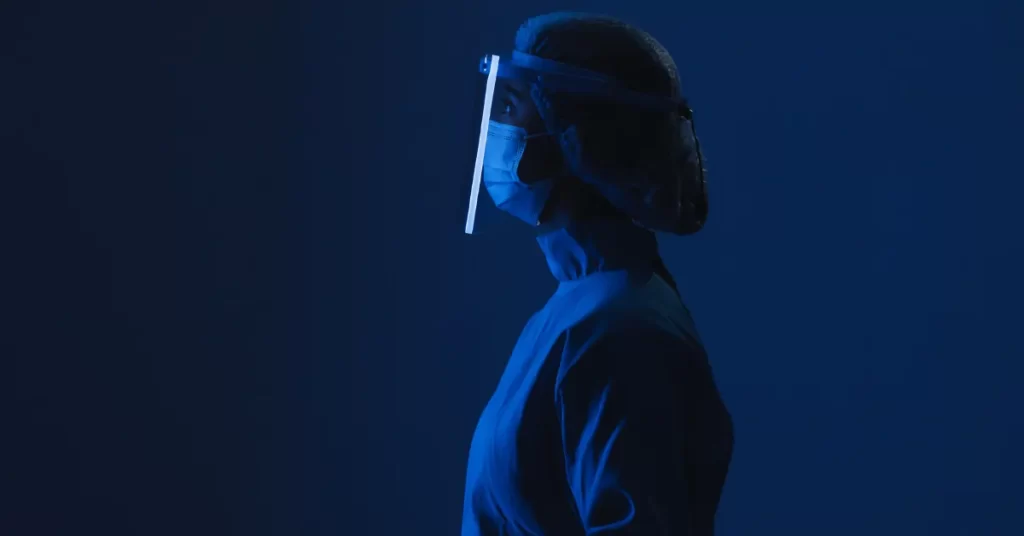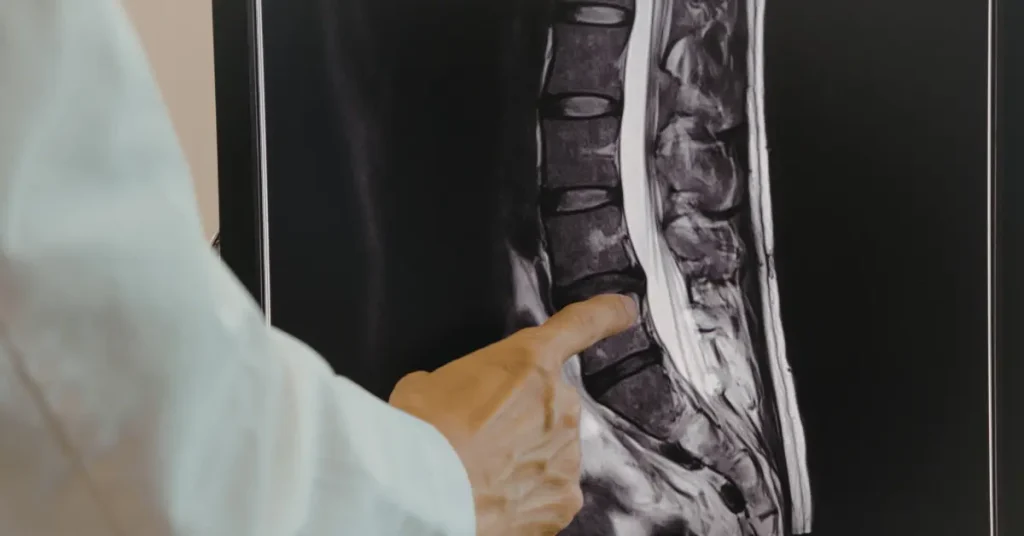Complexity of dental negligence claims
Dental negligence claims are inherently complex. To succeed, a claimant must demonstrate that the dentist’s treatment fell below acceptable standards and directly caused or contributed to the injury. Proving negligence often requires expert testimony and a thorough understanding of dental practices and legal standards.
Legal framework and proof of negligence
The law permits a claimant to recover compensation if it can be shown, on the balance of probabilities, that the dental practitioner involved negligently performed the treatment.
It must be evident that this negligence directly caused or contributed to the patient’s injury.
Types of dental negligence claims
Several types of claims can be made against a dentist, including:
- Nerve damage
- Improper root canal treatment
- Negligent cavity filling
- Substandard restorative dentistry
- Misdiagnosis or delayed diagnosis of oral diseases
- Extraction of the wrong tooth
- Failure to detect and treat oral cancer
- Inadequate sterilisation leading to infections
- Incorrect administration of anesthesia
- Poorly fitted crowns, bridges, or dentures
- Unnecessary dental procedures
- Failure to inform patients of risks and obtain informed consent
Exclusion of Injuries Board Jurisdiction
The Irish Legal System acknowledges the complexity of dental negligence claims, which are more intricate than other personal injury cases. Consequently, the Injuries Board does not have jurisdiction to handle these claims.
Statute of Limitations
For a dental negligence claim to have legal standing, it must be filed within two years from the date the injury was discovered, known as the “date of knowledge.”
Exceptions to this limitation include:
- Misdiagnosis cases
- Instances involving minors (under 18 years old)
Seeking Legal Advice
Given the complexities involved in dental negligence claims, it is crucial to seek professional legal advice.
A knowledgeable solicitor can provide helpful and impartial guidance on the validity and potential success of your claim.
If you have any questions or believe you have been affected by dental negligence, please contact our dental negligence solicitors on 1800-844-104 or email [email protected] for experienced advice and support tailored to your situation.
Dental negligence claims in Ireland involve proving substandard treatment and injury causation.
They require timely action and legal expertise due to their intricate nature and the specific legal framework governing them.





